Paul Scholes Sparks Debate: “Phil Foden Is a Much Better Player Than Frank Lampard Ever Was”
In a statement that has sent ripples across the football world, Manchester United legend Paul Scholes has boldly claimed that Phil Foden is a much better player than Frank Lampard ever was. The comment, reportedly made during a post-match analysis on Sky Sports, has reignited the age-old debate among English football fans — not only about generational talent but also about what defines true greatness in midfield.
For years, Frank Lampard stood as one of the Premier League’s most prolific midfielders, renowned for his goal-scoring ability, leadership, and consistency. Yet, in Scholes’s eyes, Phil Foden represents the evolution of that role — a technically superior, more complete, and more intelligent footballer who embodies the modern game’s demands.
Let’s unpack Scholes’s comments, the reasoning behind them, and what this comparison says about how football has changed over the past two decades.
—
1. Scholes’s Bold Claim
Speaking after Manchester City’s 3-1 win at Stamford Bridge — a match where Foden once again dazzled — Scholes reportedly said:
> “I don’t mean any disrespect to Frank, he was an incredible player for Chelsea and England. But when I look at Phil Foden, I see a more complete footballer — technically better, more creative, and capable of playing in any attacking role. He’s what we all wished we could’ve been.”
That line — “a more complete footballer” — has become the focal point of discussion. Scholes, known for his tactical intelligence and footballing insight, is not prone to exaggeration. His praise for Foden is rooted in what he sees as a higher technical ceiling and adaptability — traits that define the elite modern midfielder.
—
2. The Case for Foden: A Modern Maestro
Phil Foden has come of age at Manchester City under Pep Guardiola, developing into one of Europe’s most technically refined players. He’s versatile — capable of playing as a winger, attacking midfielder, or even a false nine — and combines creativity with clinical finishing.
Unlike traditional English midfielders of the past, Foden thrives in positional fluidity. He doesn’t just make late runs into the box; he dictates the tempo, creates chances, and controls transitions. This makes him more of an all-round creator than a goal-hunting midfielder like Lampard.
Scholes’s admiration likely stems from Foden’s ability to read the game and manipulate space. His close control, spatial awareness, and agility in tight areas mirror the styles of continental greats — players like David Silva, Luka Modrić, or Andrés Iniesta.
Foden’s recent form supports Scholes’s argument. With four consecutive Premier League games with goals, he’s combined end product with artistry. For Scholes — a purist when it comes to midfield craft — Foden represents the perfect blend of technical excellence and tactical intelligence.
—
3. The Lampard Legacy
However, comparing Foden to Frank Lampard is not straightforward. Lampard is one of the most successful English midfielders in history, with an extraordinary goal record: 211 goals for Chelsea, making him their all-time leading scorer — a remarkable achievement for a midfielder.
Lampard’s game was built on timing, awareness, and sheer work ethic. He may not have possessed Foden’s flair or dribbling finesse, but his consistency and leadership defined Chelsea’s golden era under José Mourinho and Carlo Ancelotti.
In Scholes’s era, Lampard was part of England’s “golden generation” midfield alongside Scholes himself and Steven Gerrard. While Scholes often withdrew deeper to dictate play, Lampard’s power and attacking instinct made him the Premier League’s most dangerous goal-scoring midfielder.
So, when Scholes says Foden is a “much better player,” he’s likely not dismissing Lampard’s greatness but rather comparing their footballing intelligence and technical mastery rather than sheer statistics.
—
4. Why Scholes Believes Foden Is “Better”
a. Technical Ability
Foden’s technical proficiency is world-class. His first touch, body orientation, and ability to glide past defenders are on a level that few English players have ever reached. Scholes, who has often lamented England’s lack of “technical” players in the past, sees Foden as the embodiment of the modern, European-style footballer.
Lampard, though effective, was not known for silky footwork or one-touch creativity. His game relied more on physical strength, decision-making, and positioning.
b. Tactical Intelligence
Guardiola’s coaching has transformed Foden into a player who understands tactical nuances better than most of his peers. He knows when to hold width, when to press, and how to exploit half-spaces.
Scholes, who himself thrived under Sir Alex Ferguson in fluid tactical systems, recognizes Foden’s ability to adapt — something Lampard, operating mostly in rigid 4-3-3 or 4-4-2 setups, didn’t have to develop to the same degree.
c. Versatility
Foden can play almost anywhere in attack — left wing, right wing, central midfield, or false nine. Lampard was a brilliant central midfielder, but not someone you could move across the front line.
This versatility reflects the evolution of football. In today’s game, being multi-positional is not just a luxury — it’s essential.
d. Influence in Big Games
Scholes also pointed out that Foden is beginning to show up consistently in major fixtures — scoring and creating against the likes of Chelsea, Liverpool, and in the Champions League.
At 25, Foden already has multiple Premier League titles, FA Cups, and a Champions League medal. Lampard, of course, also won everything with Chelsea, but Foden’s trajectory shows he might surpass those achievements with sustained consistency.
—
5. Football Has Evolved — So Have the Standards
Part of what makes Scholes’s claim controversial is that it spans two different eras of football. Lampard played in an age of high-intensity, physical, box-to-box midfield battles. Foden operates in an era defined by positional play, pressing structures, and possession control.
The standards have evolved. Today’s elite players are expected to be technically flawless, positionally flexible, and tactically intelligent. Scholes’s admiration for Foden reflects how football’s demands have changed — and how players like Foden meet those demands in ways past generations couldn’t.
In many ways, Foden represents the player England always needed but never had in Scholes’s time — a homegrown midfielder who could thrive in the same tactical conversations as Xavi, Iniesta, or De Bruyne.
—
6. Reactions to Scholes’s Statement
As expected, Scholes’s comments have divided opinion across social media.
Chelsea fans were quick to defend Lampard, pointing to his unmatched goal-scoring record and leadership.
Manchester City fans, meanwhile, celebrated the praise, calling Foden “the most technically gifted English player since Gascoigne.”
Pundits like Rio Ferdinand and Jamie Carragher offered more nuanced takes, with Ferdinand suggesting that “Foden might be more naturally gifted, but Lampard’s career longevity and numbers set a different standard.”
It’s a classic debate: natural talent vs. consistency, artistry vs. effectiveness.
—
7. What This Means for Foden’s Legacy
For Phil Foden, comparisons to English greats like Lampard, Scholes, and Gerrard are inevitable — and perhaps flattering. But as Scholes suggests, his ceiling might be even higher.
If he continues on this trajectory, Foden could redefine what it means to be an English midfielder in the modern game. His blend of intelligence, technique, and composure is already world-class, and under Guardiola’s mentorship, he’s only going to refine those qualities further.
Should he maintain this level for the next five to seven years, Foden could go down not just as a Manchester City legend but as one of the best English players of all time — an evolution of everything Lampard, Scholes, and Gerrard represented combined into one footballer.
—
8. Conclusion
Paul Scholes’s statement that “Phil Foden is a much better player than Frank Lampard ever was” might sound provocative, but it reflects more than bias or rivalry — it’s an acknowledgment of football’s evolution and Foden’s extraordinary technical gifts.
Lampard remains a Premier League icon, a model of consistency, intelligence, and professionalism. But Foden, as Scholes suggests, belongs to a new era — an era where creativity, fluidity, and technical mastery define greatness more than pure goal tallies.
Ultimately, both players symbolize different versions of English excellence. Lampard dominated with his engine and timing; Foden dazzles with artistry and precision. And if Scholes’s prophecy proves right, the Manchester City star might just go down as the most complete English footballer of the modern age. ⚽💎


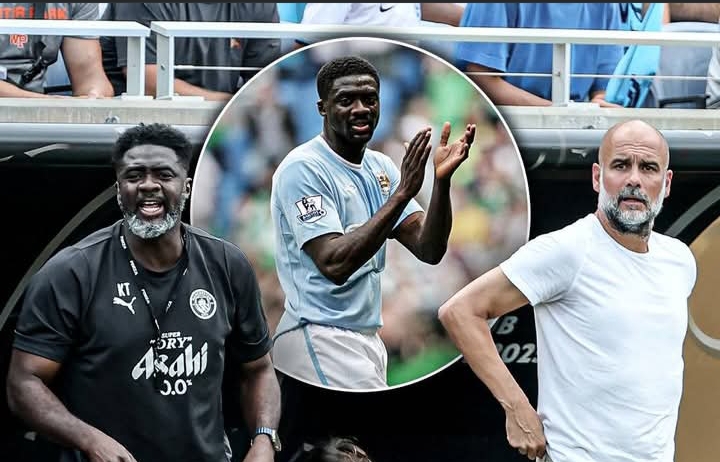

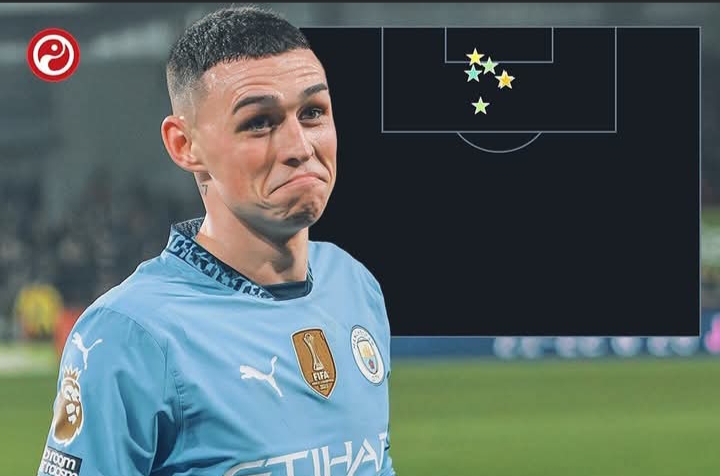

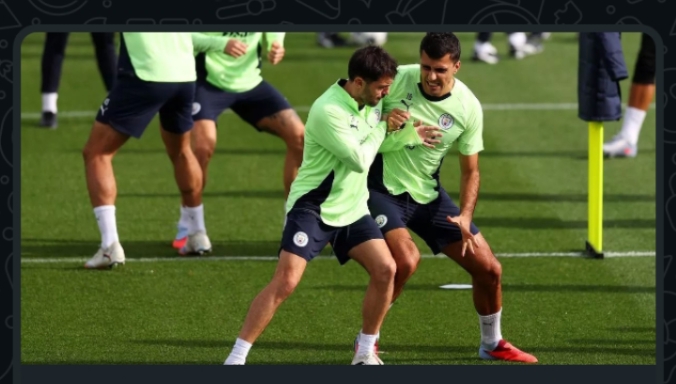
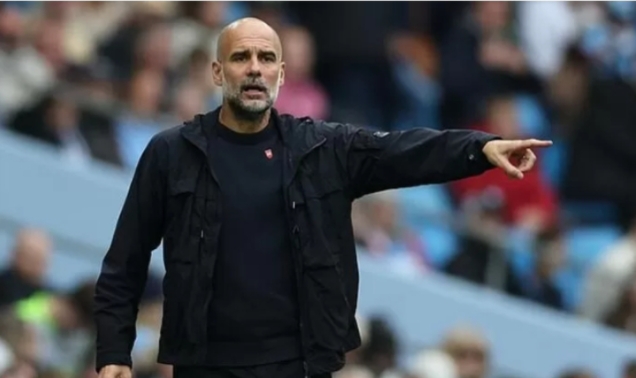
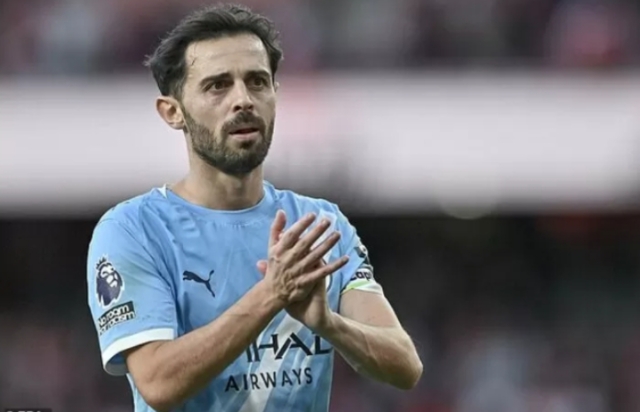

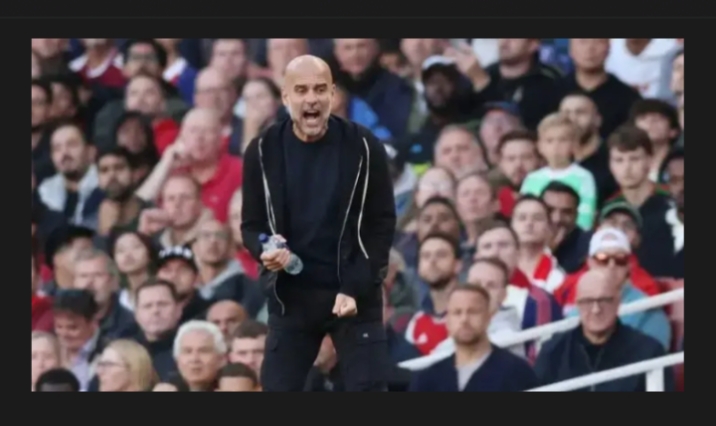




Leave a Reply